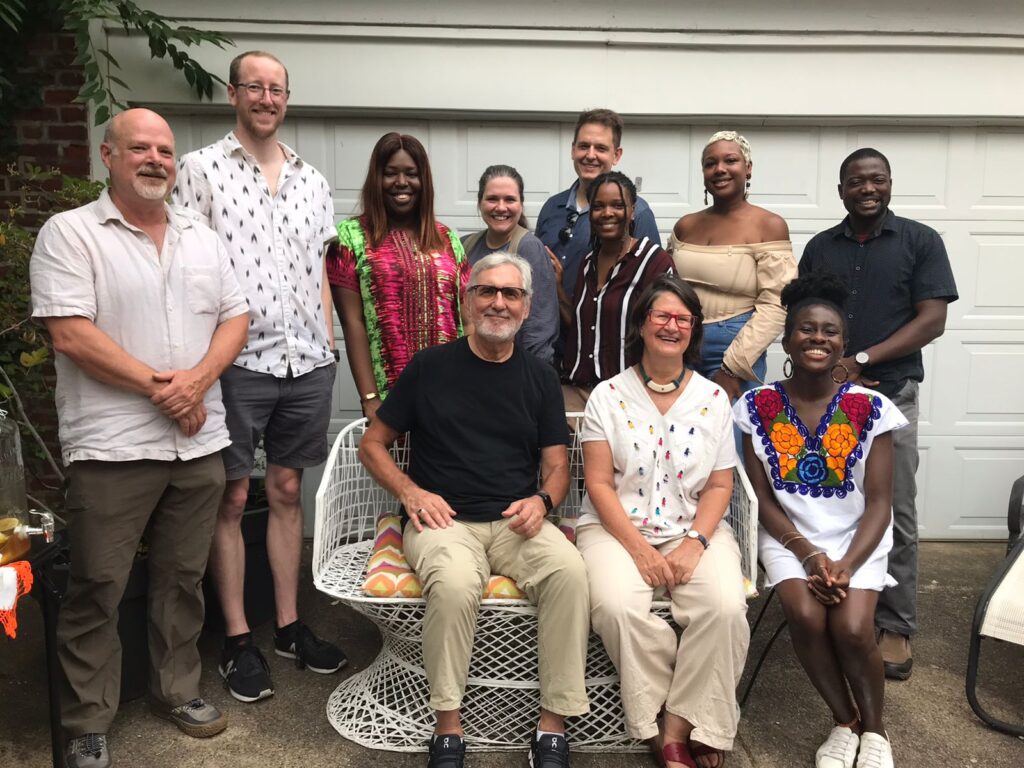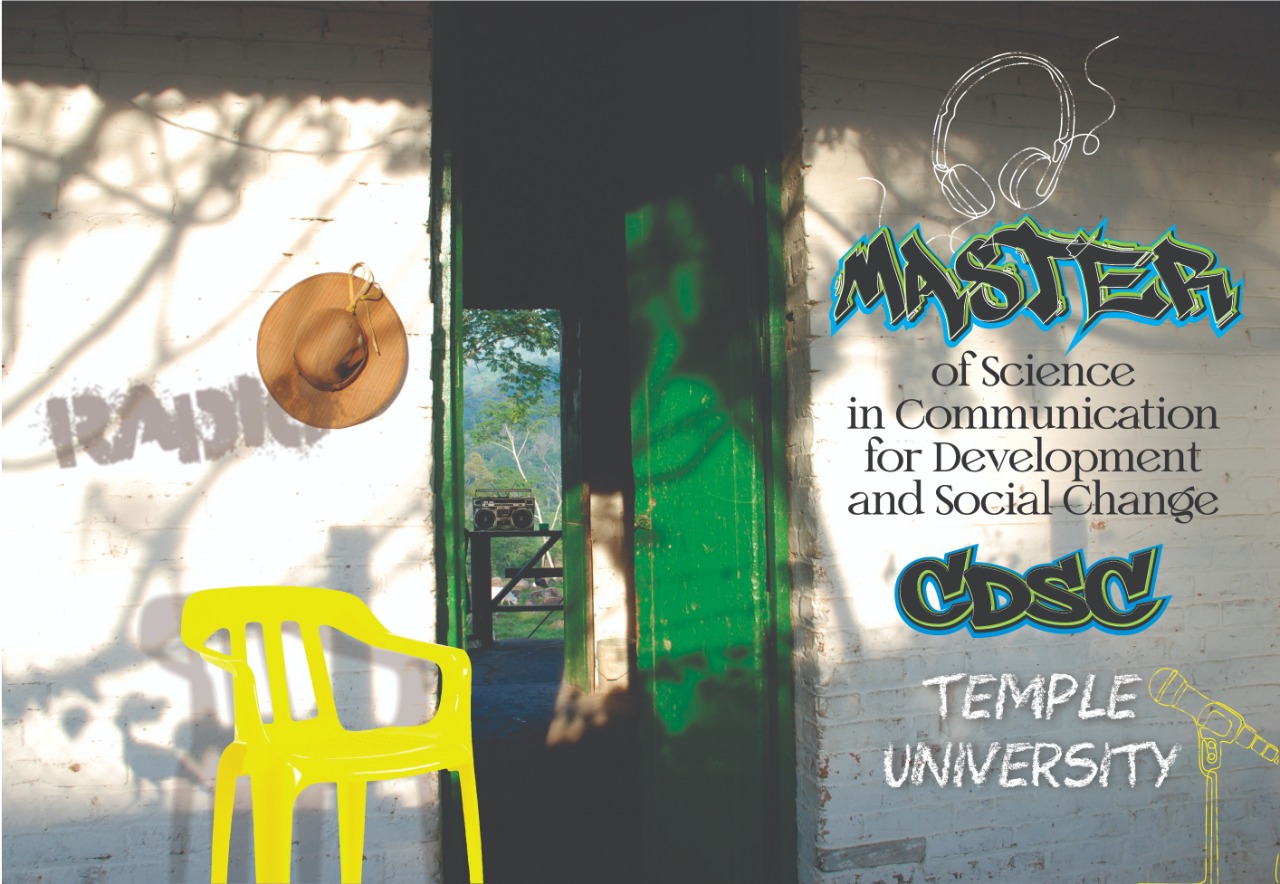In the vibrant heart of West Philadelphia lies a rich cultural scene, teeming with artists, musicians, and filmmakers. Yet, this thriving community often remains overlooked and underexposed. Enni Aigbomian, a 2018 graduate of the Master’s for Development and Social Change (CDSC) at Temple University, is determined to change this narrative. As the communications and events manager for the Independence Public Media Foundation, her efforts are focused on amplifying grassroots voices within the Philadelphia media landscape.
“The field of communication for social change was born in the Global South, and so our program retains that international flavor.”
Clemencia Rodriguez
Aigbomian’s work exemplifies the social impact generated by graduates of this Klein College master’s program. Using media and communications, program alumni have gone on to promote social change throughout the world. Consider Iryna Gudyma (CDSC ’17), who works for Ukrainian relief organizations, or Raigan Wheeler (CDSC ’18), responsible for communicating the CDC’s recommendations to the public.
Temple University’s CDSC Program stands out as one of the few master’s programs in communications in the U.S. with a specific focus on fostering social change. Unlike most other communications master’s programs, which primarily concentrate on for-profit ventures, Temple’s CDSC emphasizes the application of both traditional and digital communication tools for social good on a global scale.
As Professor Clemencia Rodríguez, the program director, explained “The field of communication for social change was born in the Global South, and so our program retains that international flavor.”
Rodríguez is passionate about her work. “Both my master’s and Ph.D focused on social change,” she said. “So for me, it was a dream to be able to direct one of the two master’s in the U.S. with a focus on communication for social change,” she added.

How the Program Works
Since becoming director, Rodríguez has worked to make this program well known by reaching out to area institutions to inform their students about what Temple offers and by connecting with funders to finance scholarships for international students.
The result is a student cohort that includes individuals with a comprehensive understanding of diverse global perspectives. The mix enriches the group dynamic, as students actively share their cultures with one another, creating an intensely international program culture.
To equip students with the skills needed to effectively engage with and serve communities, this hands-on approach, as emphasized by Rodríguez, prioritizes practical training over scholarly pursuits.
The program’s unique curriculum covers strategic communication and public campaign design while also emphasizing the key roles that empowered communities, local voices and participatory dialogue play in seeking social impact.
One of the most intriguing mandatory courses is Solutions Journalism, which exposes CDSC students to the understanding that communities encompass more than just community crises. Solutions Journalism emphasizes the importance of covering how communities utilize local resources to address challenges and find solutions. This course includes a critical examination of the conventional approach of parachute journalism, where reporters only engage with a community during times of crisis.
During the summer, students conclude the program by undertaking their capstone project. Each student tailors their capstone project to align with their individual interests. These projects exhibit a wide spectrum, reflecting the diversity of the students themselves. They can involve anything from assisting a local union with its communication strategy to interning at the United Nations in New York, or observing Colombian youth as they craft their own media narratives.
Illustrating the impact of the program, Raigan Wheeler, who works as a communication specialist for the CDC said, “I am pleased to be a living testament to the great work and expertise that comes out of this program…I can’t thank my professors and classmates enough for giving me the confidence and skills to propel me into this career.”
Listening to Wheeler, Rodríguez takes pride in witnessing the program’s mission come to fruition, as it continues to empower and inspire its students to become the problem solvers of tomorrow.
By Massin Larbi, CLA ’25, Global Engagement writing intern
Header graphic by Olga Torres
Photo provided by Clemencia Rodriguez, professor at the Klein College of Media and Communication

